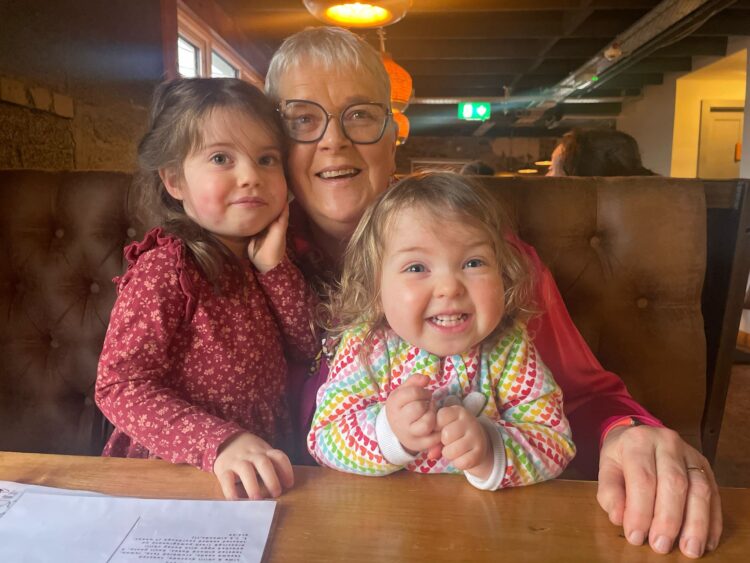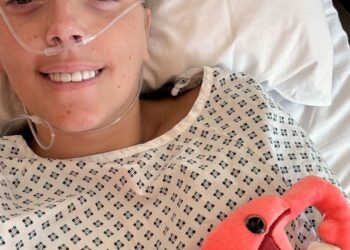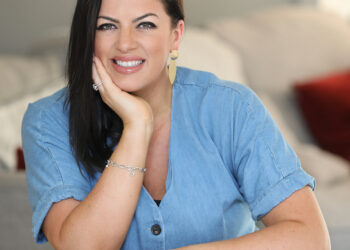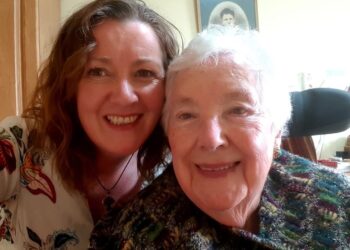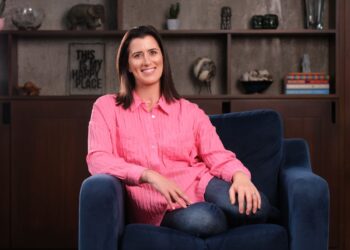At 40, Bernie Kirwan was diagnosed with Stage Three breast cancer. Now, aged 66, she’s sharing her story of finding peace after facing her worst fear
In June 2000, I was diagnosed with stage three aggressive breast cancer. I had three young children, and it was the most terrifying wake-up call of my life.
They were aged 15,14, and ten. I was working as a nurse with a busy home and work life so it was stressful, to say the least. Sometimes, I wonder how we got through it but we did with the help of friends, family and neighbours. A constant supply of dinners, lifts to hospital and school collections were deeply appreciated, and also an amazing husband who quietly kept everything together for us all.
Unable to work, I found the transition from being the nurse to the patient difficult and challenging. I soon learned to appreciate and respect the wonderful care I received and after a long break I returned to the career I loved. As I write this, I’m celebrating my 66th birthday, I recently retired after a lifetime of nursing, and my family now has two adorable little grandchildren called Maeve and Orla. (pictured above) I live in the same house with the same husband and I still waffle a lot!
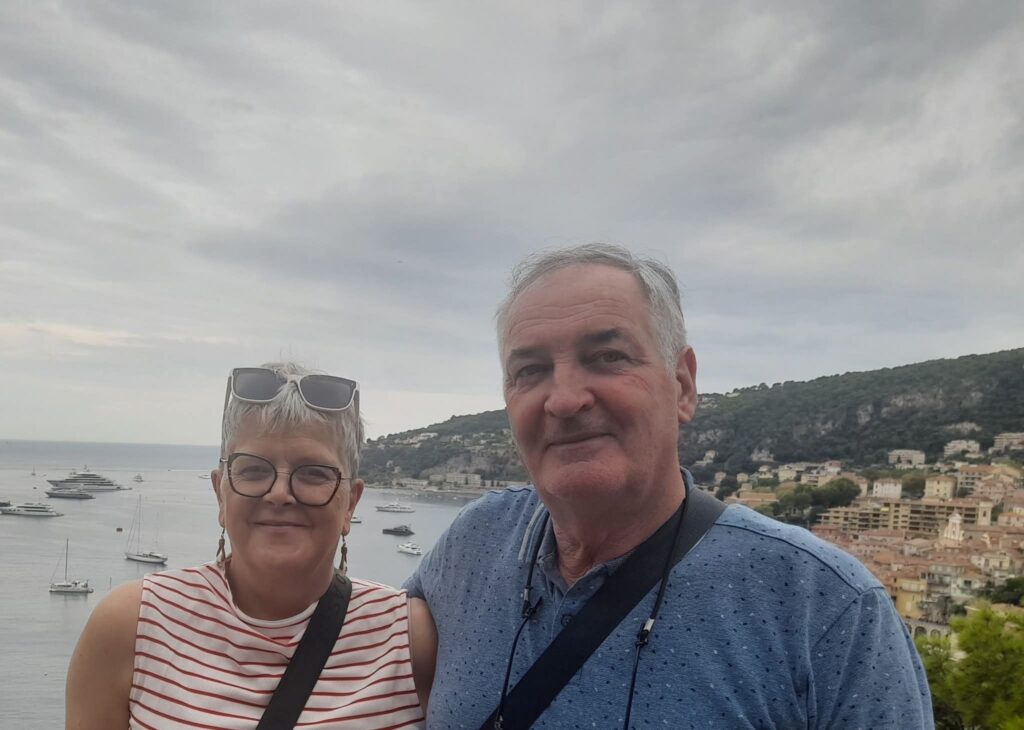
After undergoing a mastectomy and nine rounds of chemotherapy, I was (and remained) cancer-free. However, I soon realised that if I didn’t find some peace of mind, the battle would be even harder. So, I began a journey to find that elusive peace.
When I first began exploring complementary therapy 25 years ago, I didn’t have a clear plan. I simply wanted to survive and enhance the medical treatment I was receiving. Yet, between hospital visits, I felt lost, and there were few resources to help with the emotional turmoil that overtook me. Throughout my search for peace and healing, I encountered many wonderful ideas but also some questionable ones. Fortunately, my nursing background kept me grounded and helped me make wise choices.
One of the most important lessons I learned through my cancer journey is how much our thoughts impact our health and well-being. We alone are responsible for dealing with our thoughts, and it’s crucial to cultivate a peaceful mind. As a mum and nurse, I wanted to be able to live my life as best I could and as normally as possible. This stubborn search gave me back a sense of empowerment and hope when I had been feeling totally hopeless.
As I discovered new ways to approach life, I felt a strong urge to share my newfound insights. I explored meditation, visualisation, yoga, and various therapies, and for a while, I couldn’t help but tell everyone about them. I was experiencing such profound benefits that I wanted to share them with the world. However, I soon realised not everyone was as interested as I was—many seemed indifferent or bored by my enthusiasm. It became clear that my journey was deeply personal, and I didn’t need to convince others to see things the way I did.
This led me to a new way of expressing myself: writing. It became a cathartic outlet for all the thoughts and emotions I needed to process. What started as a simple form of self-healing eventually developed into a structured book. I titled it A Peaceful Mind and self-published it with the help of my niece, reaching a wider audience than I had imagined.
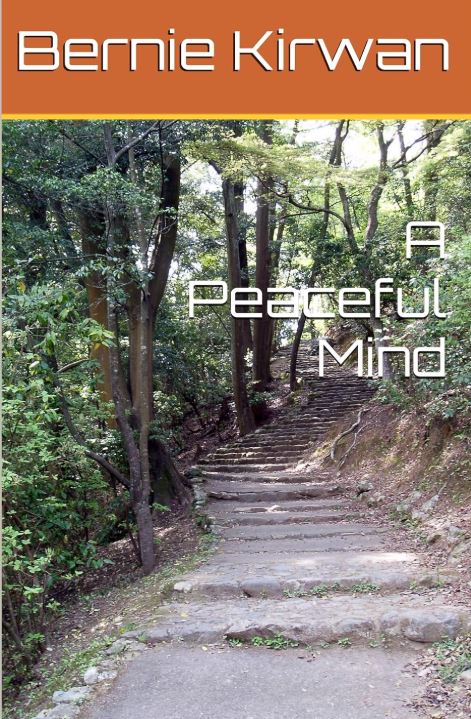
You may ask, “Why would anyone want to read a book about someone’s cancer journey? Isn’t that negative?”
I don’t see it that way. We live in a world that often insists on portraying happiness and positivity. However, we can’t just paint a smile on our face when inside we are lost. When we honestly share our experiences, it encourages others to do the same. It took me time to let down my guard and admit my deepest fears. This became easier when I met others who were also willing to share their emotions. Their honesty made me realise I wasn’t alone, and that my fears were completely normal. In turn, their openness helped me to express my own feelings.
People continue to tell us to be positive and so the pressure is on us to smile and agree. To me, being truly positive is admitting how you really feel, acknowledging it, and then allowing the positivity to shine.
Of course, it is important who we share our deepest thoughts with. My search for wellness and peace led me to a variety of therapists and workshops. While some of these were more energy-consuming than I had hoped, they taught me valuable lessons. Over time, I learned to trust the right people and methods.
The first part of my book covers my personal cancer experience—the “get well” story—while the second part explores the therapies that helped me most. These chapters are written from the perspective of a cancer patient, offering insights on how I found peace through different practices.
I hope that something in the book will inspire and support you on your healing journey. Each day, I hope you can wake up and recognise the precious gift of life. No matter how bad things are, there is always something to be grateful for.
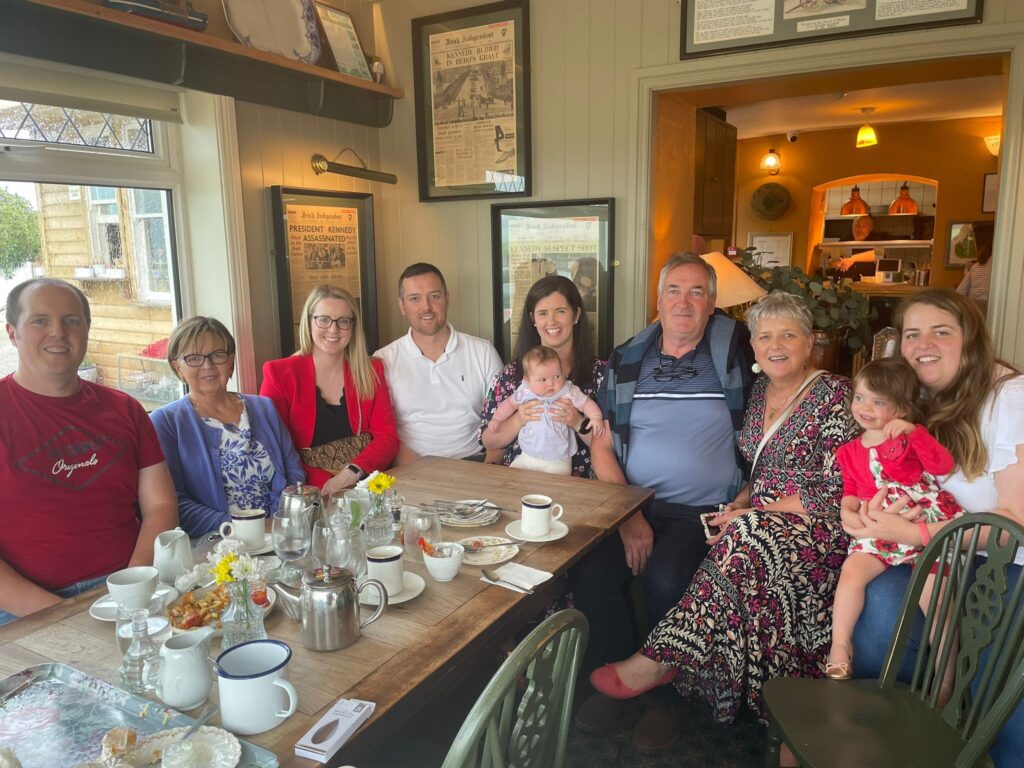
You may wonder why I am revisiting this part of my life after so long. Well, to mark the 25th anniversary of my recovery, I’ve decided to release A Peaceful Mind as an eBook as it had mostly gone out of print bar a few copies online or in the library, and I still get asked about it. I hope that it will continue to help those who read it.
If you are considering alternative therapies, I cannot emphasise enough the importance of consulting with a healthcare provider first. Always seek properly qualified therapists, and make sure any treatments you pursue are safe and supported by medical advice. The Irish Cancer Society is a great resource for finding reliable support.
Through it all, I’ve learned that healing – both physical and emotional – requires time, effort, and a willingness to explore different paths. I hope my story helps you feel supported as you navigate your own journey.

